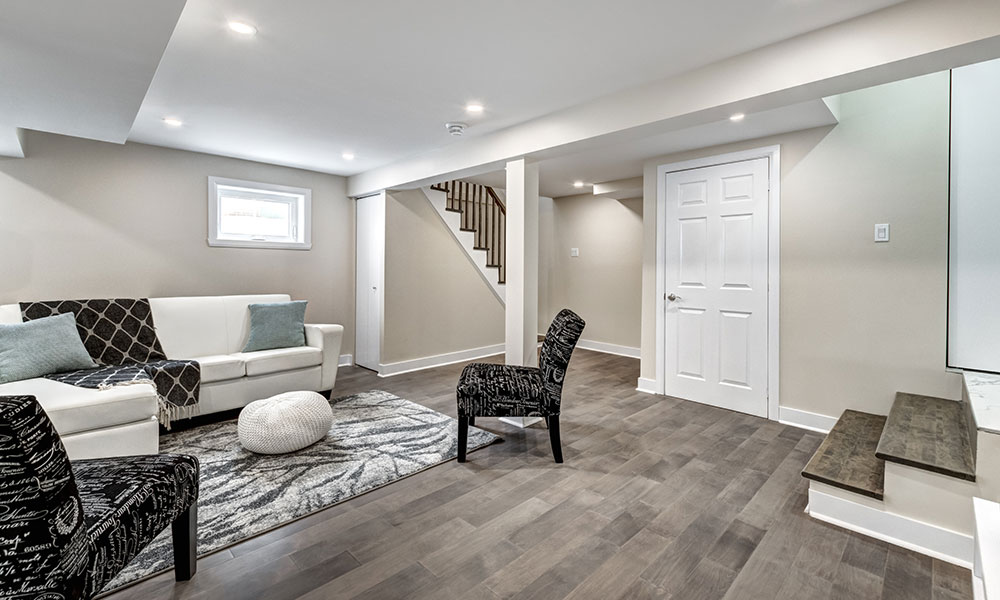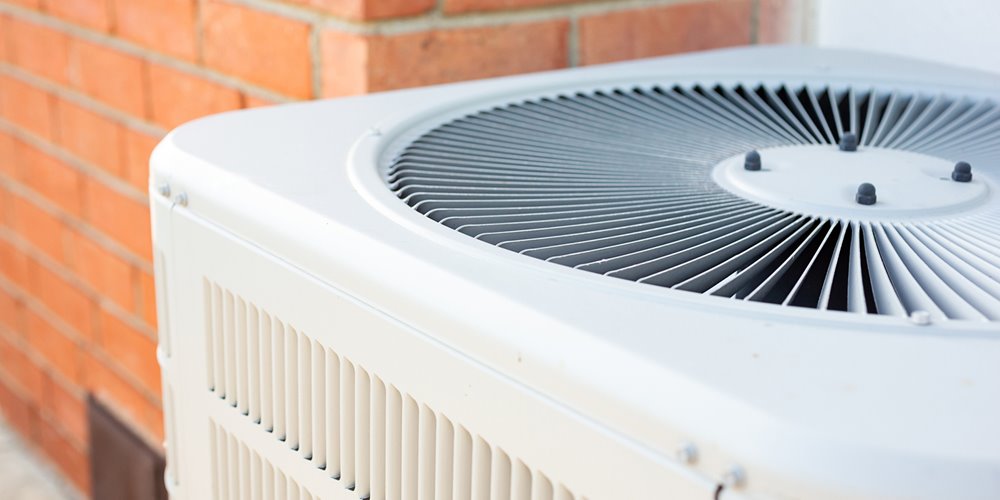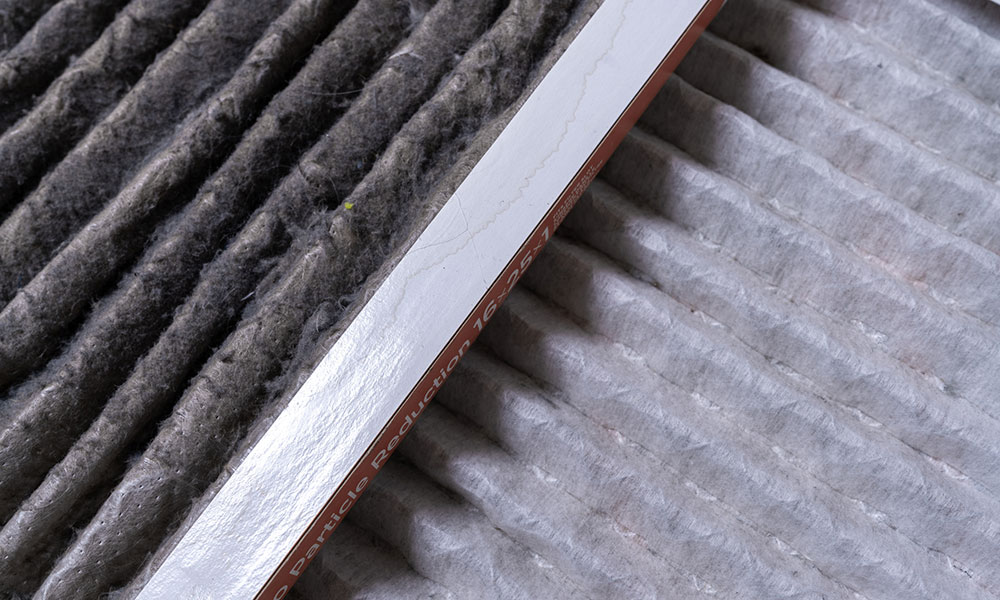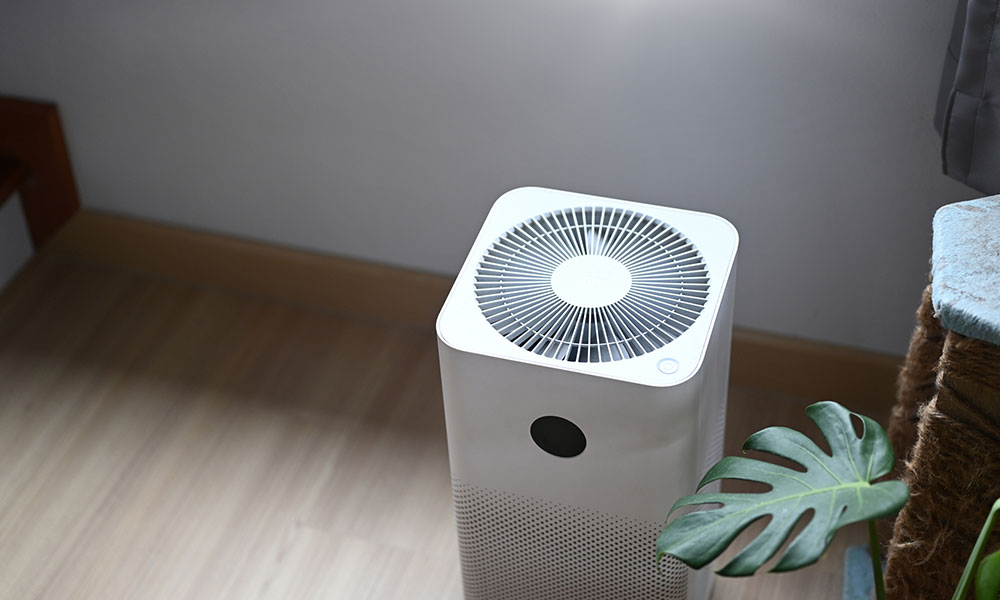Central air conditioning has role to play in health and comfort
When wildfire season makes outdoor air hard to breathe, our homes are the bubbles into which we’re told to retreat.
But with the doors and windows closed tight against smoke and particulate matter, that can be like going from fire to frying pan. Those retreats themselves can be hard to bear under the intense summer sun.
How do you stay healthy without sacrificing comfort?
Air filters are essential, says Heating Ventilation Air Conditioning Refrigeration Technician instructor, Justin Evernden – but not in the way we might think.
To bring clarity to the matter, here are Evernden's tips on enduring the worst days of the wildfire season.
1. Improve your circulation

Cold basement? One of the simplest ways of cooling your home when you can't open a window is to put that pool of cool air to good use.
Evernden recommends running your circulation fan nonstop, independent of heating and cooling systems. It will redistribute air throughout the house, lowering the temperature. As an added bonus, the fan will also send that air through the furnace filter.
2. Strongly consider AC

Alberta summers are warm. In fact, this May was the hottest on record in many parts of the province, with averages well above normal. The year has also set records for hectares burned, surpassing 1 million by late-May. That’s an uncomfortable combination, notes Evernden.
“If people are suffering from the heat, they're opening their homes to try to keep cool. But then they're suffering from the smoke.”
The best solution for keeping both heat and pollutants out, he says, is air conditioning. “People who have central air have significantly better quality of air in their home, because they can keep the windows and doors closed and still stay cool.”
3. Be wary of finer filters

“A lot of people assume that the air filter in your furnace is there to keep the air in your home clean,” says Evernden. That’s merely a benefit of the relationship between that membrane and the system. “Its primary purpose is to protect the furnace, or the air unit.”
For that reason, a more restrictive filter, which some might consider useful during a severe blanketing of wildfire smoke, is not helpful. Filters are differentiated according to a MERV rating, Evernden explains, “zero being no filter at all, and 20 being a HEPA filter.”
The latter is appropriate for settings such as operating rooms. Somewhere in the middle will keep interior air clear. More than 12 or 13 will likely overwork the fan in the common home system. In fact, an overly efficient filter can damage an AC unit, causing it to struggle to pull in warm interior air, in some cases leading it to become cold enough to ice up.
A dirty, plugged filter can have the same effect. Evernden changes his own at the start of and in the middle of each season. In a smokey season, he’ll check it monthly.
High-efficiency homes may have a heat recovery ventilator system, which catches heat from exhaust air to warm incoming air before it hits the furnace. It has a filter that needs checking on the same schedule. “It's likely washable,” says Evernden
4. Try, charcoal – cautiously

Activated charcoal, or carbon, effectively removes odors from household air, including incoming smoke. If you try a filter made with the material, be mindful that the additional carbon will further restrict airflow, says Evernden. Keep an eye on things after installing.
“Some systems can handle it fine – some, not so fine. You have to try it and see.”
5. Get portable with purification

Localized air purification is another option. If you have a naturally cooler room you can hunker down in, “the solution is to buy a HEPA portable filter and put it where you are spending your time,” says Evernden.
Some of the best machines will reduce airborne pollutants in a room to less than 1% in about 30 minutes, making them perfect for clearing the air overnight, when you’re in the same spot for eight hours straight, says Evernden.
“They're not super expensive,” he adds, “and it makes a big difference.”
Banner image by YOVAN/istockphoto.com